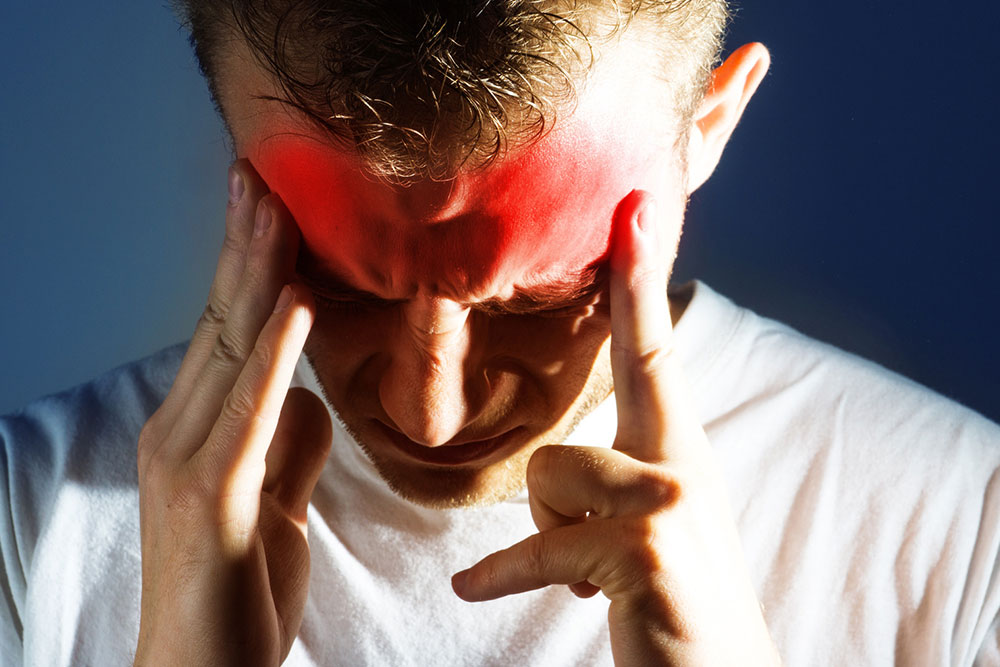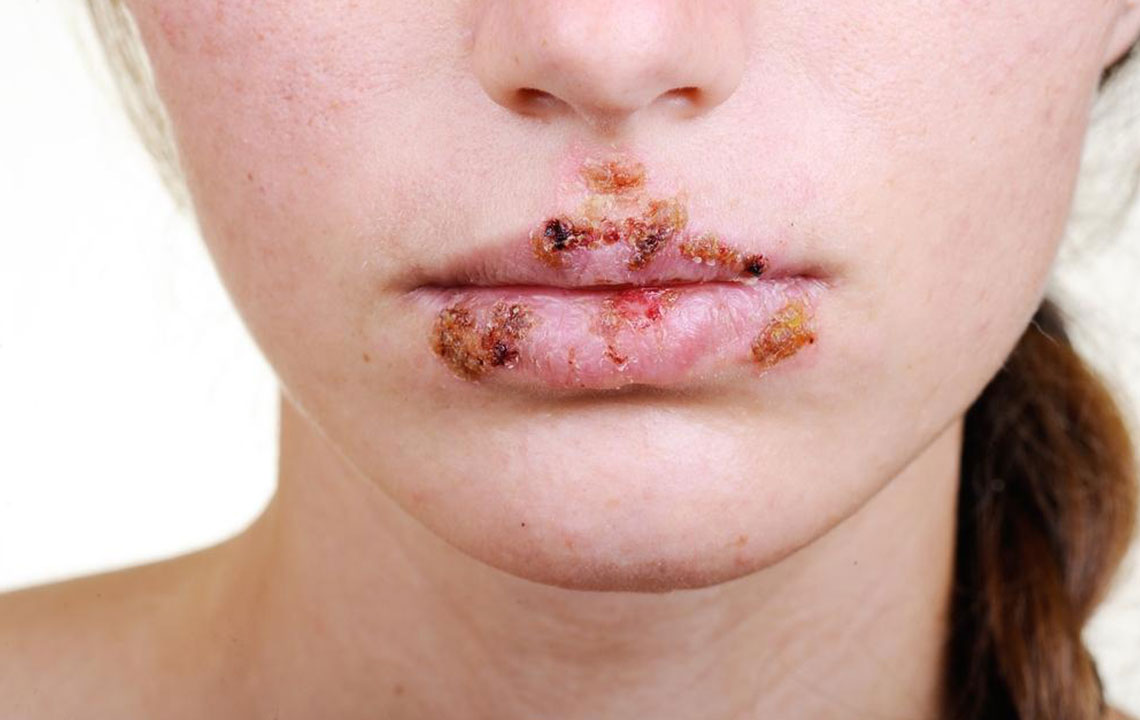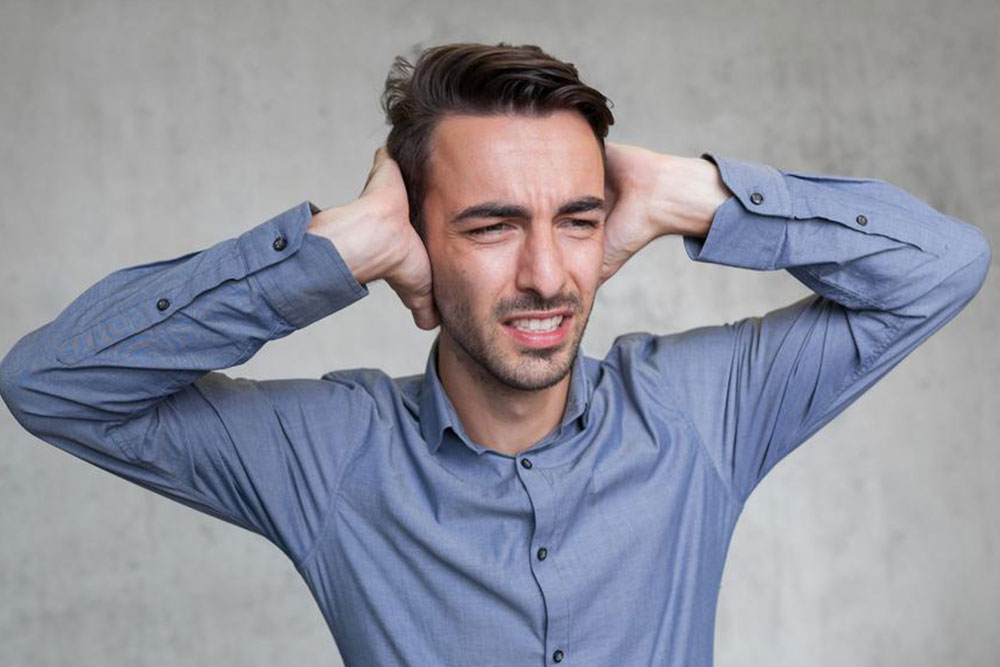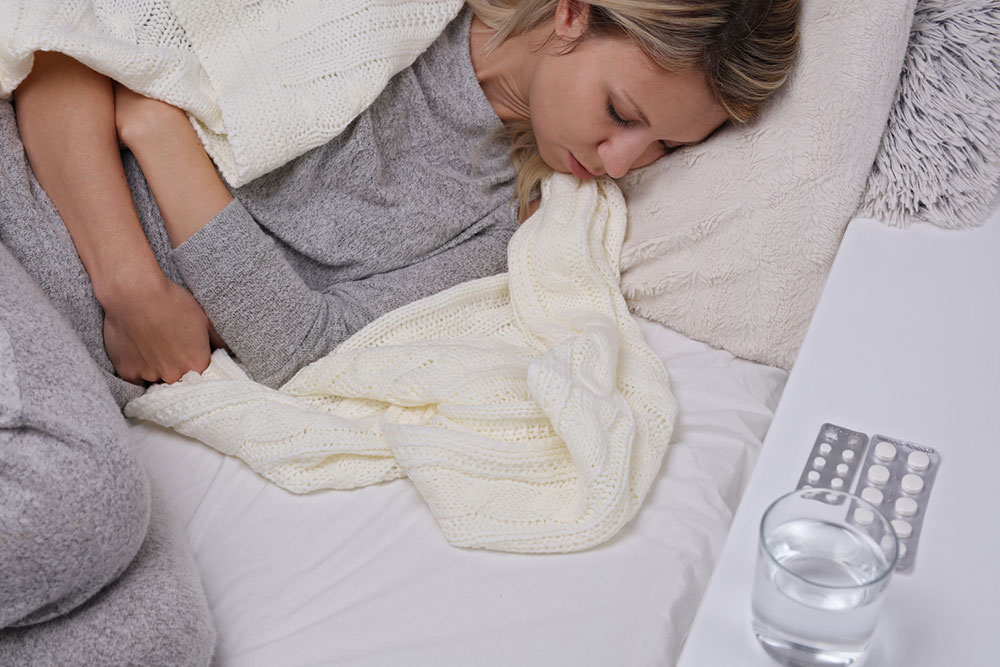Understanding Tension Headaches: Symptoms and At-Home Relief Tips
This article provides insights into tension headache symptoms, distinguishing them from other types and offering practical home remedies for relief. It emphasizes the importance of proper diagnosis and shares effective strategies like rest, massage, heat application, and stress management to ease discomfort. Additionally, the article highlights the safe use of over-the-counter medicines and stresses consulting healthcare professionals for persistent or severe headaches. Empower yourself with knowledge to identify and treat tension headaches early, ensuring a quick return to your daily routine.

Understanding Tension Headaches: Symptoms and At-Home Relief Tips
Headaches are increasingly common in today's world. Extended hours working on computers and overusing devices often result in head discomfort. Many dismiss headaches or rely solely on painkillers for relief. However, a headache might signal a serious underlying condition. Whether it's a tension headache or sinus issues, ignoring persistent pain isn't advisable.
Headaches rank as one of the most widespread types of pain, second only to back problems. They can indicate severe illnesses or be caused by stress and anxiety.
So, how do you determine what type of headache you're experiencing?
While not all headaches are identical, they share common features—most notably, pain. Many headaches are accompanied by symptoms like nausea. This article explores the signs of tension headaches and available treatments to manage them effectively.
What is a tension headache?
A tension headache is one of the most frequent headache types, causing soreness or pressure in the head, neck, and scalp. It's often linked to muscle tightness in these regions. Tension headaches can be episodic or chronic.
Symptoms
People experiencing tension headaches may notice:
Episodic tension headaches (less than 15 days per month)
Steady, mild to moderate pain resembling a band around the head
Discomfort in the forehead, crown, or sides of the head
Gradual onset, often developing midday
Pain lasting from half an hour to several days
Chronic tension headaches (more than 15 days per month)
Pain varies in intensity but persists regularly throughout the day
Gradual increase and prolongation over time
Typical symptoms can include:
Morning headaches
Difficulty sleeping or staying asleep
Persistent fatigue
Irritability
Focus issues
Sensitivity to light or sound
Muscle tension and aches
Treatment options
Medications
Over-the-counter pain relievers like acetaminophen, ibuprofen, or aspirin often help alleviate tension headache pain, according to expert Jack M. Rozental. Combination medicines with caffeine can also be effective. However, frequent use of these medications may lead to rebound headaches, so it's essential to consult a healthcare professional for ongoing issues.
Home remedies
Many headaches can be eased with simple at-home strategies, reducing reliance on medications. Consider these tips:
Rest your eyes and relax: Find a quiet, dark space and rest your eyes. Rest often alleviates tension headaches and can even reduce migraine pain, as noted by Rozental.
Massage: Gentle massage on the temples and neck promotes blood flow and relieves muscle tension.
Apply heat or cold: Use a heating pad or warm cloth on your neck or base of skull. If no relief, switch to an ice pack to see if it helps.
Practice relaxation: Engage in deep breathing, meditation, or visualization techniques to relax muscle tightness.
Manage stress: Avoid stressful environments whenever possible. Take breaks, delegate tasks, and seek quiet moments to decompress.
Diet and hydration: Limit caffeine and alcohol, avoid smoking, and keep regular meal times, especially breakfast, to prevent blood sugar drops that trigger headaches.
A headache can disrupt your day, but proper care and relief strategies can hasten recovery. While medications are helpful, relaxation and rest are equally vital for effective management.










